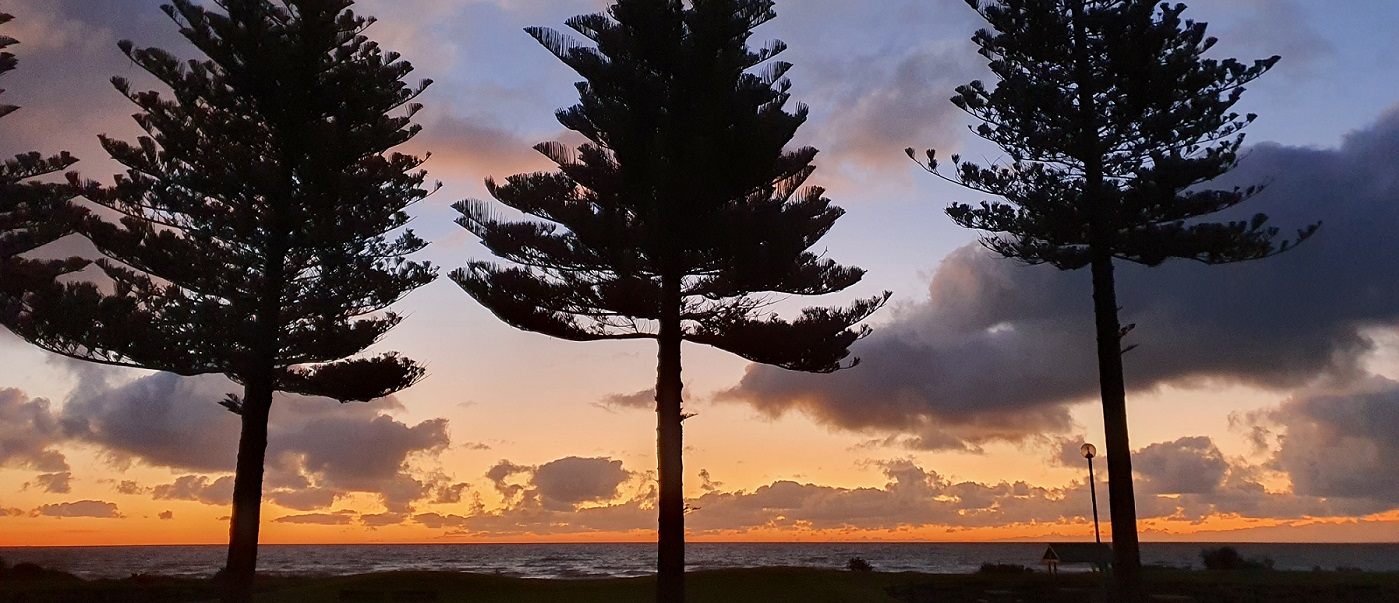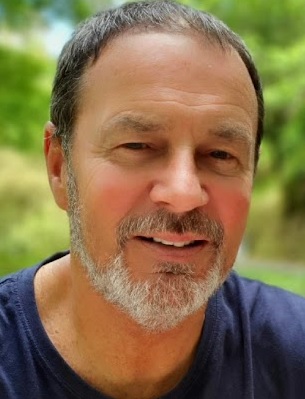
How important is your living situation, the experiences you have of your circumstances and environment? Are you and your whānau happy and fulfilled?
The well-being question starts with you personally and with your whānau, but inescapably translates as a question about the general liveability of a town.
In the place where we live, work and play, it’s one that’s fair to ask of any citizen. The things that come to mind are quality of community life, living in harmony with our environment and each other, affordability of accommodation, and social connectedness.
In fact, those who say they enjoy high satisfaction with their living situation might tend to resist any reason for change or to put it at risk in any way. Those who are not so satisfied, for example those who might struggle to find decent and affordable accommodation, would be likely looking for something better from their situation and community.
So whoever you are, I’d hazard a guess that you’d put the question near the top of your wants and needs.
OK, on that basis I’d expect to see a 100 percent turnout at the upcoming local body elections. That’s because the kind of town (and region) you live in is changing fast and probably dramatically, so your voice in what that looks like is personally crucial.
One of the big drivers for this tidal-wave of change has come from central government. It requires local bodies to allow for an influx of people, with all the attendant intensification of housing and associated infrastructure.
That all seems sensible, assuming the extra people will come in the numbers anticipated, but there are some reasonable questions about whether that will happen quite as projected.
Assuming they do come, how will doubling the number of houses, in a town like Ōtaki, affect your living situation and the general liveability and feel of the town?
If we take an optimistic view where planners are able to tease out all the issues, to build a vision for the town, the end result could be stunning. I can imagine well planned housing intensification near to public transport areas and local village centres (existing and new). I see much more use of public transport, and biking and walking trails. And I envision attraction of more businesses and opportunities, and see a town that accommodates most people well, whether at a low or higher socio-economic level.
The above scenario can’t happen by accident. It requires a strategy and a plan of action put together by expert urbanist planners, architects, designers, engineers and developers. It’s based on a brief that requires significant change, while preserving the character of a small town.
Just as importantly, it has to reasonably satisfy the needs of all citizens, not just the new arrivals or those who can afford the big house and section, but also those who need to house their whānau in affordable accommodation.
The less optimistic view assumes that the expertise won’t extend to urbanist thinking and our decision makers will only plan to allow more housing to appear in pockets around the town.
This must have been the approach taken to much of the development around central Paraparaumu, especially during the past 30 years. I recall attending a meeting in the town about 15 years ago and a real estate agent offered the advice that “the developers are coming and we just need to get out of the way”.
The first thing to say about that is there are some great developers and there are some shockers. But most importantly the result for Paraparaumu, most notably around the airport, is an object lesson in short-sightedness, a lack of urbanist design thinking and the citizens getting short-changed.
Just down the road in Wellington, mad non-planning gripped the city in the 1960s and 1970s. Numerous heritage buildings were obliterated to be replaced often by inferior architecture. Then the city’s leaders realised the folly of it and, with help from the likes of urbanist planner Stuart Niven and architect Ian Athfield, began a renaissance that has created a quality urban environment in the central city at least.
However, even that is now threatened by a majority of city councillors who want to scrap the preservation of heritage areas and open up willy-nilly development, despite ample vacant land areas begging for development.
If councillors get their way, the city will not have solved the problem of quality affordable housing and they will no longer be able to claim it’s the “best little capital in the world”.
That also raises the question for Ōtaki. In 20 years, will it still be one of the “best small towns in Aotearoa?” That outcome starts with your vote in October.
 You can contact Fraser here.
You can contact Fraser here.
Fraser Carson is the founding partner of Wellington-based Flightdec.com. Flightdec’s kaupapa is to challenge the status quo of the internet to give access to more reliable and valuable citizen generated content, and to improve connectivity and collaboration.
Flightdec websites include: KnowThis.nz, Issues.co.nz and Inhub.org.nz.
OTHER POSTS
LATEST POSTS
- Who was our first knight?
- Oz still a baking wizard after 42 years
- Alice finds way to make great dough
- Carl Lutz – farmer who loved the land, and Fordsons
- Money for the expressway – for whom does the bell toll?
- Caring for all creatures great and small
- Dave morphs into Ōtaki’s expert mower man
- Arthur saw nature ‘with eyes of admiration’
- Ōtaki-Māori Racing Club ‘focused on mana and mauri’
- If you’re not there you won’t know what’s going on
- Ōtaki abuzz with film festival - Ōtaki Today
- Hall helps to connect and build community
- Diversity a key component of CWS success
- Plenty of help organisations in times of need
- Regan keeps Mac Engineering in the family
- Di’s QSM for services to community and environment
- Rewi’s story one of adversity in old Ōtaki
- Urban designer poses critical question - What’s the plan for Ōtaki?
- New road evokes memories of apples and steam trains
- A slick and shiny surface signals a ready expressway – almost
